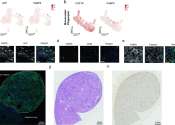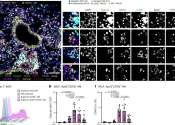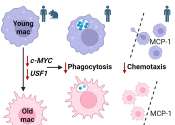Study identifies driver of liver cancer that could be target for treatment
Metabolic diseases like obesity can increase the risk of developing liver cancer, research has shown. But how one disease predisposes to the other is unclear. In a new study, Yale researchers uncovered a key role played by ...
9 hours ago
0
2









